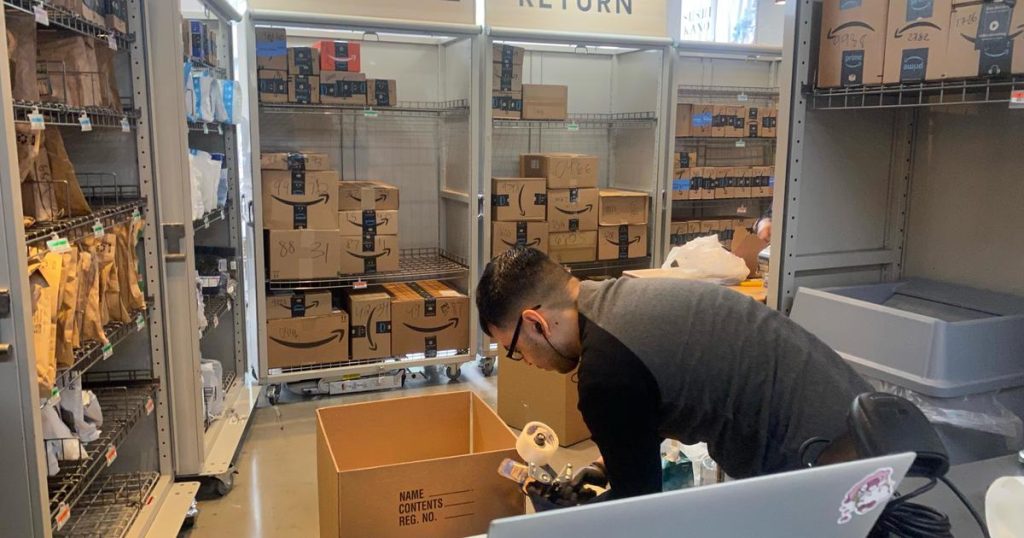Amazon’s lenient return policy has made it easy for some consumers to take advantage of sellers on the platform, as seen in instances where customers have returned entirely different products from what they purchased. In one case, a customer swapped out a pair of flip-flops for Nike cleats, while another returned an imitation accessory instead of the Coach wallet that was initially bought. Sellers are often left with no recourse when faced with bogus returns, as filing a return theft claim doesn’t guarantee reimbursement.
Amazon claims to have “no tolerance for fraudulent returns,” but the company’s policies heavily favor buyers, leaving sellers feeling unsupported and powerless in combating fraudulent returns. The retail giant sometimes opts to give customers refunds for low-cost items they do not want instead of processing returns, further complicating the issue for sellers. The Federal Trade Commission has even taken legal action against Amazon, citing return theft as one of the challenges that merchants on the platform face.
The ease of making returns on Amazon and the lack of repercussions for fraudulent behavior have left many sellers feeling squeezed and unsupported by the company. Sellers find themselves at a disadvantage due to Amazon’s customer-centric policies, which prioritize customer satisfaction over seller protection. Return theft is just one of many grievances that sellers have with Amazon, highlighting a broader trend of discontent among merchants on the platform.
The challenges faced by small business owners and sellers on Amazon extend beyond return theft, as many feel that they lack power and support from the company. Sellers often find themselves at the mercy of Amazon’s policies, which are designed to please consumers and prioritize their convenience. Amazon’s dominance in the e-commerce market has led to numerous grievances from sellers who feel that their interests are not adequately represented or protected by the retail giant.
The Federal Trade Commission’s lawsuit against Amazon underscores the systemic issues that exist within the e-commerce platform, with return theft serving as a poignant example of seller vulnerability. While Amazon prides itself on customer service and convenience, sellers are left grappling with the consequences of fraudulent returns and feeling marginalized within the broader ecosystem. The power dynamics between Amazon, consumers, and sellers highlight the challenges that small businesses face in navigating the online marketplace and holding the retail giant accountable for its policies and practices.


